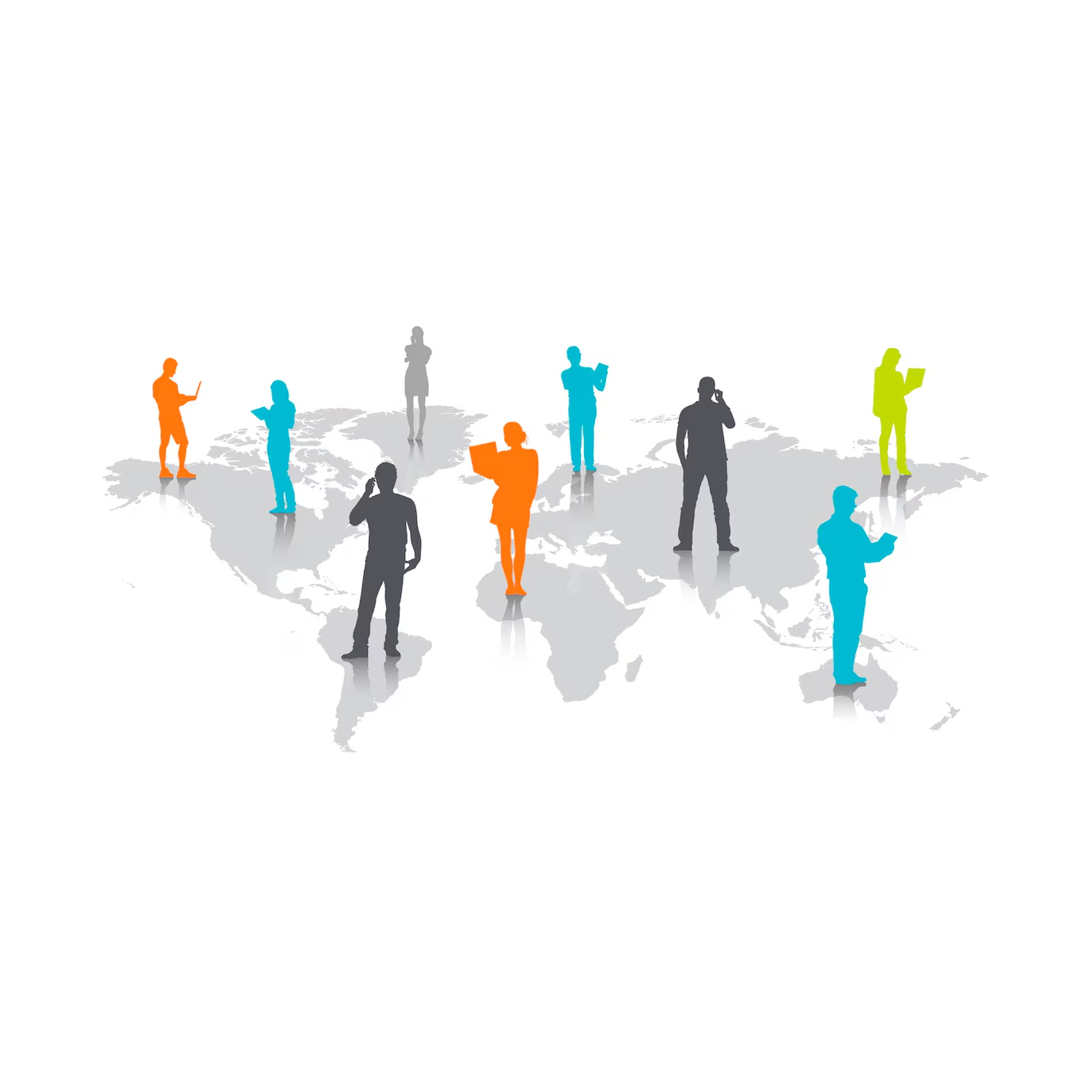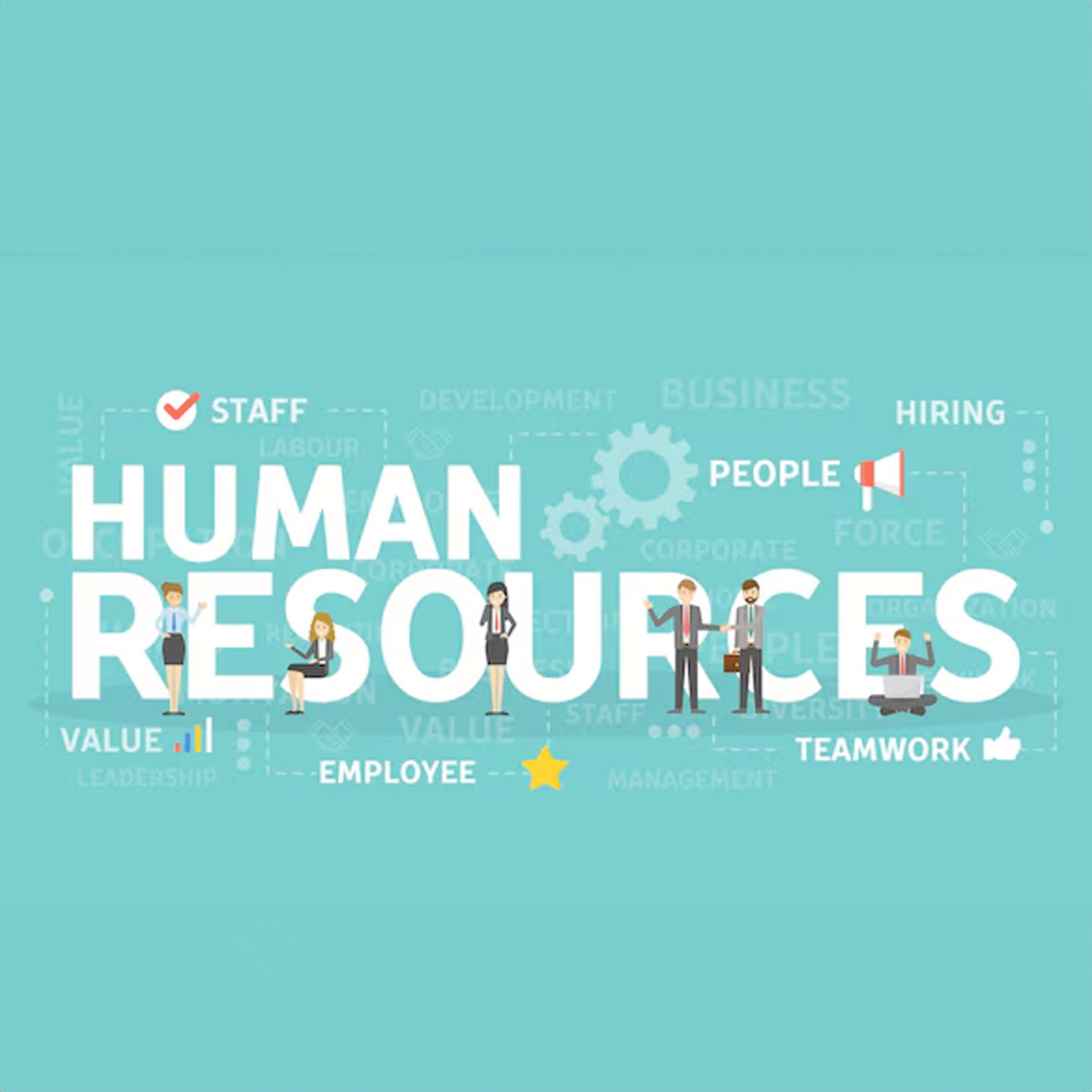
As the backbone of any successful organisation, HR professionals remain the unsung heroes who shape the culture, foster care, and drive change that propels companies forward. On International HR Day 2025, we take a moment to acknowledge their tireless efforts. Sonica Aron, Founder & Managing Partner of Marching Sheep, authored this article to highlight the role of HR in driving culture, care, and change.
Unfortunately, Human Resources (HR) is often the most misunderstood function. Seen as a support department, cost center, remembered mostly during audits, festivals, payroll and hiring.

But the reality could not be more far removed. If an organisation was like a human body, Strategy would be the brain, supply chain, service, sales, operations and the limbs. Finance, being a control function, would be the lungs. HR is the heart. Pumping values, culture, energy, sense of belonging to each and every part of the body. If the heart stops for more than 2.5 seconds, different organs start to get damaged.
Let’s pause for a second and look at any successful organisation. Behind the strategies, execution and structures, there is always a stellar team. There are people who feel seen, heard, valued and supported. That doesn’t happen by chance—it’s often the result of intentional, often invisible work done by HR professionals.
If there was one moment in recent history that truly tested the strength of people's practices, it was the COVID-19 pandemic. There were job losses, pay cuts, burnout, and anxiety at levels we had never seen before. In that chaos, it was HR that showed up—quietly, consistently, and courageously.
They helped employees to move to remote work within days, helped employees through mental health crises, setting up helplines, extending empathy in every interaction. They restructured policies in real time, ensuring business continuity while not losing the human touch. And when employees chose to stay—despite all the uncertainty—it was often because they knew someone in HR had their back.
Culture is not about posters on the wall or values mentioned on websites. It’s in how people speak to each other, how decisions are made, and how safe someone feels when they raise a concern. It is HR that listens, observes, nudges, and sometimes even challenges leadership to ensure that the culture we talk about in town halls is what people experience every day.
Whether it’s calling out toxic behaviours, knee jerk reactions, encouraging allyship, or building inclusive policies—HR sets the tone for what is acceptable and what’s not.
Don't Miss: 5 Ways Companies Can Champion Mental Health in Offices and Create Mindful Workplaces
Why do people stay? It’s not just compensation. People stay where they feel a sense of belonging. Where their career is supported. Where their well-being matters. Where feedback is not just given, but received and acted on. And where people thrive, the business skyrockets. It’s really that simple.

Whether we are driving transformation, adopting technology or new ways of working, merging with another company, expanding to new markets, or dealing with crises—HR is often at the forefront, guiding the human side of change.
I’ve seen HR leaders hold the space when teams are navigating uncertainty, anxiety, or burnout. They hold the space of transparent communication and trust. In an organisation where HR is seen as unable to challenge leadership and take a stand for what’s right, that is where the trust breaks.
Today, when we talk about leadership, we talk about empathy, vulnerability, disclosure, resilience, and psychological safety. But these are not just individual traits—they need to be built into the system.
And HR does that systematically. Not just by training leaders, but by integrating care through everyday processes- from interviewing to exit management. When human interactions are led with compassion, people know they can ask for help without being judged. They know that policies will be inclusive and fair, that grievances will be heard, and that they matter as human beings—not just as job titles.
That kind of care is not a weakness. It is strength. It is what builds trust. And trust, we all know, is the glue that holds people together.
"At the end of the day, businesses don’t grow on balance sheets—they grow on people. And people grow when they feel safe, valued, and inspired. That’s the power of good HR. It’s not just a function; it’s the conscience of the organisation. Let’s recognise it, respect it, and reimagine it—not as a back office role, but as a strategic force that drives culture, care, and change every single day."
Don't Miss: How To Ensure a POSH-compliant Company? These 6 Practices Can Help
If you liked this story, then please share it. To read more such stories, stay connected to HerZindagi.
Image Credits: Freepik
Also watch this video
Herzindagi video
Our aim is to provide accurate, safe and expert verified information through our articles and social media handles. The remedies, advice and tips mentioned here are for general information only. Please consult your expert before trying any kind of health, beauty, life hacks or astrology related tips. For any feedback or complaint, contact us at [email protected].